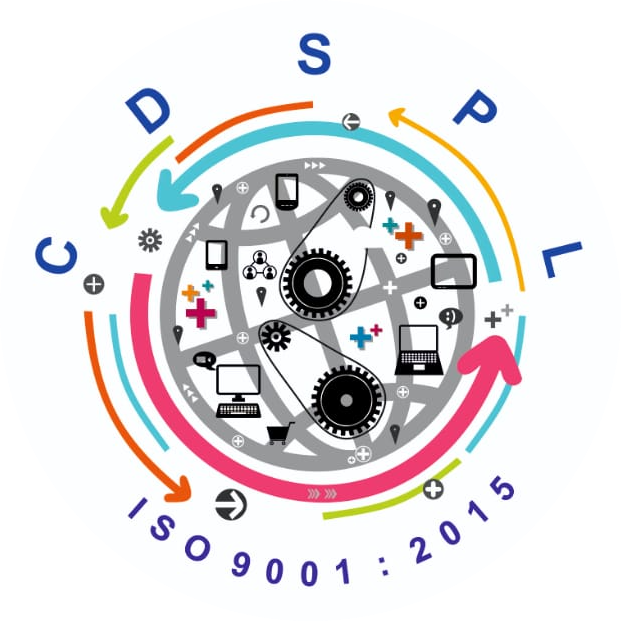Chawla Digital Systems Private Limited.
hybrid app
A hybrid app is a type of mobile application that combines elements of both native and web applications. Here’s an overview of what a hybrid app is and how to develop one:
- Definition:
- A hybrid app is built using web technologies such as HTML, CSS, and JavaScript, similar to web applications. However, it is wrapped within a native container that allows it to be installed and run on mobile devices like a native app.
- Development Process:

- Choose a hybrid app development framework or platform, such as Ionic, PhoneGap (Apache Cordova), React Native, Xamarin, or Flutter.
- Develop the app’s user interface using HTML for structure, CSS for styling, and JavaScript for interactivity.
- Utilize the framework’s or platform’s APIs and libraries to access native device features and functionalities, such as camera, geolocation, accelerometer, and push notifications.
- Test the app on various devices and platforms to ensure compatibility, performance, and responsiveness.
- Package the app for distribution to app stores or deployment via other channels.
- Advantages:
- Cross-Platform Compatibility: Hybrid apps can run on multiple platforms (e.g., iOS, Android) with a single codebase, reducing development time and cost.
- Web Technologies: Developers can leverage their existing web development skills and knowledge to build hybrid apps, making development more accessible and efficient.
- Access to Native Features: Hybrid apps can access native device features and functionalities through plugins or APIs provided by the development framework or platform.
- Faster Development: Development cycles for hybrid apps are typically shorter compared to native apps, as changes and updates can be deployed instantly without app store approval processes.
- Disadvantages:
- Performance: Hybrid apps may not perform as well as native apps, especially for graphics-intensive or processor-intensive tasks, due to the overhead of running within a webview.
- Limited Native Experience: While hybrid apps can access native features, they may not provide the same level of performance, user experience, or platform-specific capabilities as native apps.
- Dependency on Frameworks: Hybrid app development relies on third-party frameworks or platforms, which may introduce dependencies, limitations, or compatibility issues.
- Complexity: Hybrid app development may require additional effort to handle platform-specific differences, debug compatibility issues, and optimize performance across multiple devices and platforms.
- Use Cases:
- Hybrid apps are suitable for a wide range of applications, including:
- Content-based apps (e.g., news, blogs, magazines)
- E-commerce apps
- Social networking apps
- Business productivity apps
- Internal enterprise apps
- Prototypes and MVPs (Minimum Viable Products)
- Hybrid apps are suitable for a wide range of applications, including:
- Considerations:
- Evaluate the specific requirements, constraints, and objectives of your project to determine whether a hybrid app is the most suitable approach.
- Consider factors such as performance, user experience, time-to-market, budget, and available resources when choosing between hybrid and native app development.
